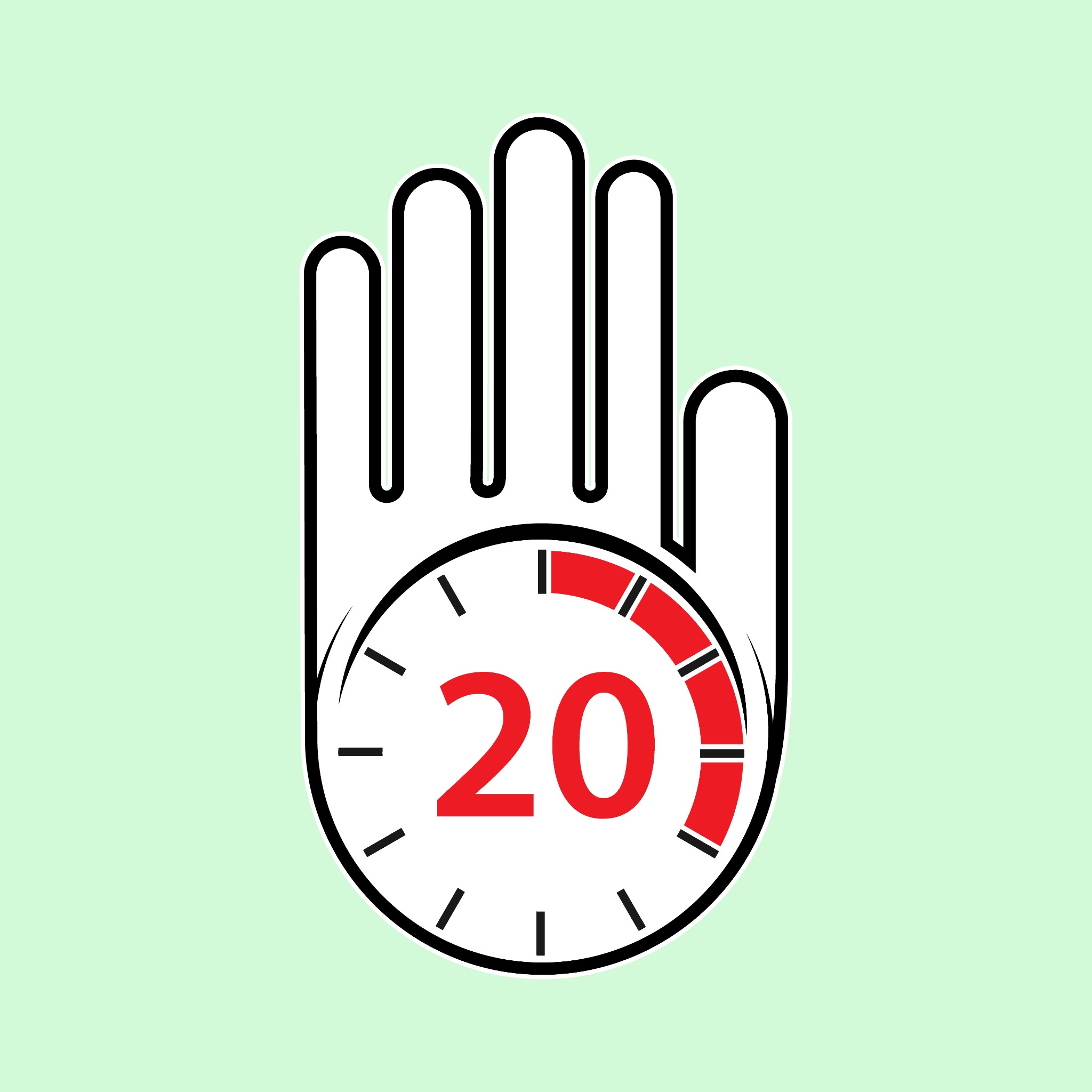Take 20 minutes to eat a meal and you’re more likely to maintain a reasonable weight.
HOW often do you scroll on your phone during lunch, only to realize you’ve scoffed your meal down in five minutes flat?
It’s not just lunch – many of us shove a quick brekkie in our mouths before running out the door, or we’ll eat leftovers straight out of the fridge for dinner.
You might be doing everything else right – eating your fruit and veg, steering clear of refined carbs and saturated fats.
But scientists argue that the WAY you eat your meals could be just as important as what’s in them.
• Experts have previously told The Sun that eating too fast could make you bloated.
• But researchers from Roehampton and Bristol universities have also linked faster eating rates to higher BMIs in both adults and children.
• And diet guru Dr Michael Mosley linked ‘thoughtless’ eating – for example in front of a TV – to increased snack cravings .According to him, slowing down and eating mindfully can actually reduce food cravings and promote weight loss.
• Juls Abernethy, co-founder of the Body Retreat – a health and wellbeing retreat that focuses on ‘conscious eating’ for weight loss and stress management – told the Telegraph eating speed can sabotage weight loss, as it affects the production of leptin. This is the hormone that communicates a feeling of fullness to your brain.
• “If you’ve sat down to a healthy meal but finish it in two minutes, you might go back to the fridge, as there’s no feeling of satiety,” he explained, as leptin isn’t released until 15 or 20 minutes after you’ve started eating.
• He’s not the only expert to warn that those who wolf down their meals fail to realize they are full and tend to overeat.
Research on Taking 20 Minutes to Eat a Meal
• Japanese researchers followed 1,083 middle-aged adults for five years.
• They found fast eaters were associated with greater weight gain and higher blood sugar levels, and had a 11.6 per cent chance of being diagnosed with metabolic syndrome – risk factors for diabetes and heart disease.
• In contrast, the likelihood for slow eaters was just 2.3 per cent.
Nichola Ludlam-Raine, a dietitian and British Dietetic Association (BDA) spokesman told the Telegraph that if you feel uncomfortably full shortly after eating, suffer from bloating or excess wind, or want more after finishing a decent meal, you probably need to slow down.
The magic number for doing that is 20.
How to Take 20 Minutes to Eat a Meal
There a few other ways you can slow your eating pace right down.
Try setting a timer when you’re having a meal to get an idea of how long you’re taking to eat it – you might be surprised by how quickly it’s gone.
Then try removing distractions, like TV or your phone, and sit down at a table to eat rather than your sofa.
Click here to read more about the importance of taking 20 minutes to eat a meal.






